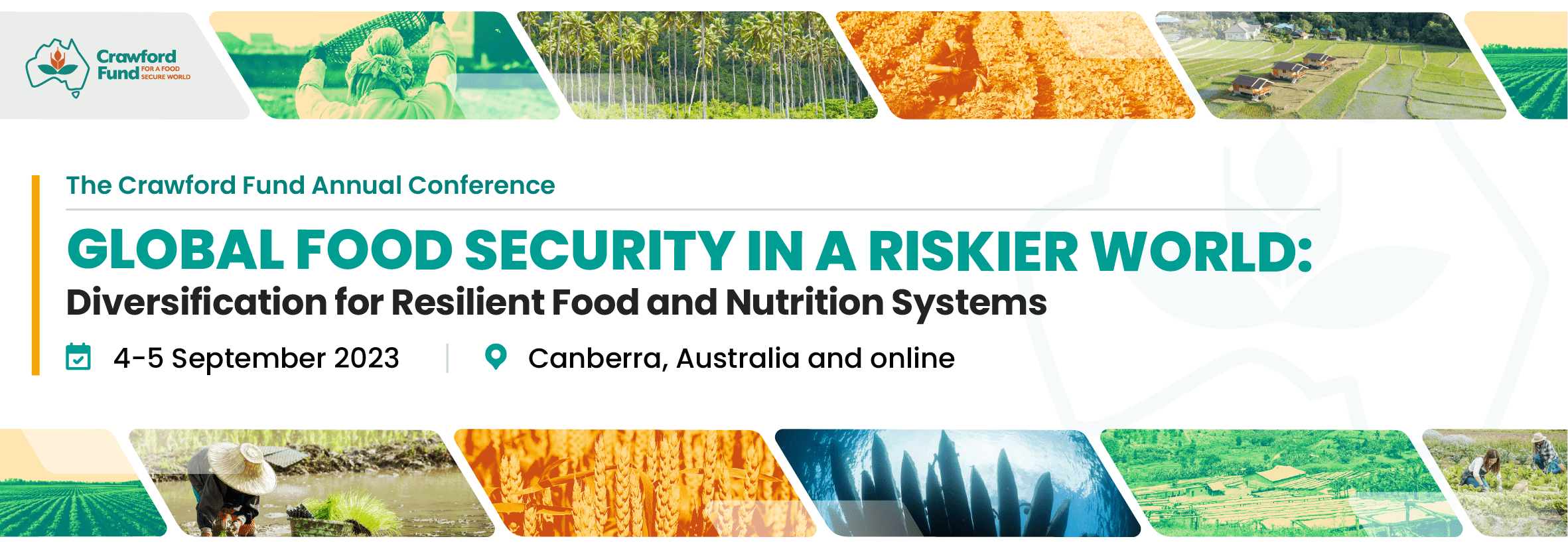


Dr Warren T K Lee
Senior Nutrition & Food Systems Officer, Regional Office for Asia and the Pacific, Bangkok, Thailand, Food and Agriculture Organization of the United Nations (FAO)
Dr. Lee co-ordinates food systems and nutrition related policy, programmes and research in the Asia Pacific region. He supports countries to implement food systems and nutrition related programmes. Dr. Lee is also interested in undertaking scientific and implementation researches to generate evidence-based nutrition policies and programmes.
While working at FAO headquarters, Rome (2012-18), Dr. Lee headed the Nutrition Assessment and Scientific Advice Group at the Nutrition and Food Systems Division, FAO. He coordinated programmes on nutrition assessment, human nutrient requirements and Codex scientific advice on nutrition.
Before joining FAO, Dr. Lee has been faculty members at University of Surrey, U.K., The Chinese University of Hong Kong and University of Newcastle, NSW, Australia and. He is recognized for his research contributions to public health nutrition, nutrition and bone health in particular. Dr, Lee holds a BSc in Human Nutrition from Trinity College, Dublin, Ireland and a PhD from The Chinese University of Hong Kong. He is also a U.K. Registered Dietitian and Registered Nutritionist (Public Health).
Dr Warren Lee – Session 4.2 Food systems solutions, 5 September 2023